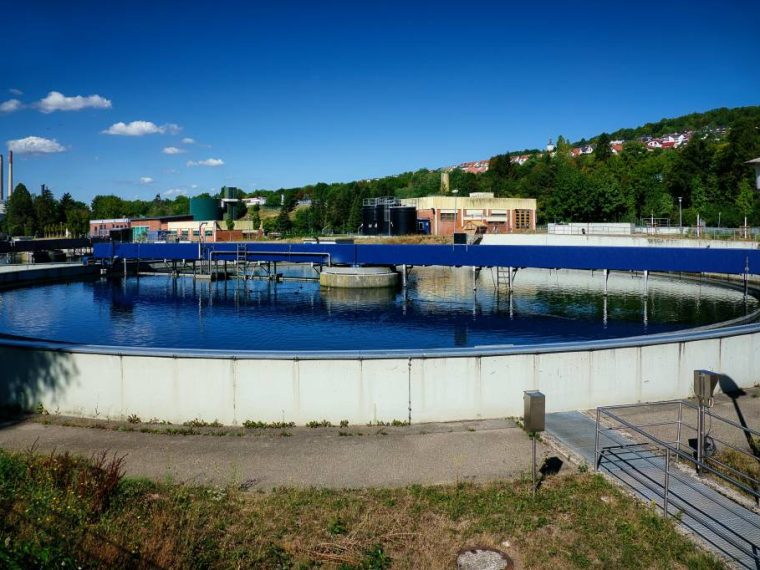Wastewater recycling has emerged as a critical component in sustainable water management strategies worldwide. As the globe faces increasing water scarcity, the demand for efficient wastewater treatment and reuse solutions has never been greater. Recent innovations in wastewater recycling offer promising techniques that not only conserve water but also protect the environment by reducing pollution. This article delves into the latest technological advancements and methods being implemented in wastewater recycling, aiming to make the process more efficient and environmentally friendly.
Membrane Bioreactor (MBR) Technology
One of the most significant advancements in wastewater recycling is the development of Membrane Bioreactor (MBR) technology. MBR combines biological treatment with membrane filtration, ensuring that both organic and inorganic suspended solids are effectively removed. This process leads to a higher quality effluent that requires less post-treatment. MBR systems are compact and can be easily integrated into existing wastewater treatment plants, offering a versatile and efficient solution for urban and industrial settings.
Advancements in Anaerobic Digestion
Anaerobic digestion is a well-established method for treating wastewater, particularly in the processing of organic waste. Recent innovations have optimized this technology, enhancing both its efficiency and cost-effectiveness. Modern anaerobic digestion processes now convert a greater proportion of the organic matter into biogas, which can be used as a renewable energy source. The implementation of high-rate anaerobic reactors and improved microbial consortia has significantly increased the decomposition rate and gas production, making it a viable option for large-scale wastewater management projects.
The Rise of Electrochemical Techniques
Electrochemical methods are gaining attention for their ability to efficiently treat wastewater with minimal environmental impact. These techniques involve the application of electrical current to drive chemical reactions that degrade contaminants. Innovations such as electrocoagulation, electrooxidation, and electrodialysis offer promising results, particularly in the removal of heavy metals and other persistent pollutants. These methods can be tailored to target specific contaminants, offering customized treatment solutions for diverse industrial and municipal wastewater streams.
Nanotechnology Breakthroughs
Nanotechnology has marked its presence in various fields, and wastewater recycling is no exception. Innovations in nano-filtration and nanomaterials have improved the removal of contaminants at the molecular level. Nanoparticles can target and break down complex pollutants, including pharmaceuticals and pesticides, which are challenging to treat using conventional methods. The development of advanced nanocomposite membranes also enhances the filtration process by increasing permeability and reducing fouling, leading to more efficient operations.
Biomimetic Water Treatment Solutions
Inspired by nature, biomimetic water treatment solutions mimic the natural processes of microorganisms to clean water. Recent advancements in this area involve the use of biologically inspired materials and systems that enhance the purification capabilities of wastewater treatment plants. These biomimetic systems can break down organic pollutants effectively, reduce energy consumption, and minimize the use of chemical agents, thus supporting sustainable practices in wastewater recycling.
The Role of Artificial Intelligence and Machine Learning
Artificial Intelligence (AI) and Machine Learning (ML) are transforming the landscape of wastewater recycling by optimizing treatment processes and operations. AI-driven control systems analyze data from various stages of treatment, offering predictive insights and enabling real-time decision-making for improved efficiency. Machine learning algorithms can also predict potential plant failures or contaminants load, allowing for proactive management measures that ensure continuous and reliable operations.
Decentralized Wastewater Treatment Systems
The trend towards decentralized wastewater treatment systems has gained momentum, especially in regions with limited access to central treatment plants. Decentralized systems are small-scale, localized treatment solutions that offer flexibility and efficiency in diverse settings, from rural communities to urban neighborhoods. Recent innovations include compact modular systems that can be easily transported and installed, providing a scalable solution for wastewater management.
The innovations in wastewater recycling are continuously evolving, driven by the need to address water scarcity and environmental challenges. From reuse of treated water in agricultural and industrial applications to the adoption of AI and nanotechnology, these advancements promise a sustainable future for water resources. By embracing these technologies, communities and industries can reduce their environmental impact while ensuring a reliable supply of clean water.




